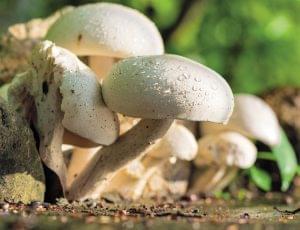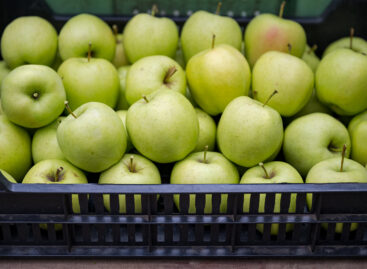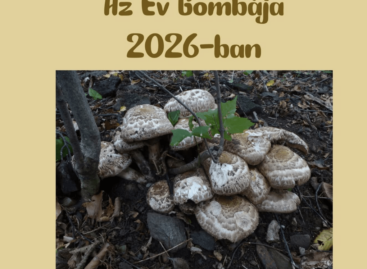The situation and prospects of Hungarian mushroom cultivation: innovation and sustainability in the sector
Hungarian mushroom growing is one of the special and outstanding sectors of the agricultural economy, which produces about 20-22 thousand tons of mushrooms every year, exporting a significant part of them. According to the statistics of recent years, the domestic mushroom industry contributes a lot to agricultural production, especially through exports to the European Union. The sector has seen a significant decline since the boom of the 1990s, when it increased its production capacity tenfold within ten years and became one of the fastest growing areas of the horticulture sector.
 At the beginning of the 2000s, nearly 200-300 mushroom growers in Hungary produced more than 30,000 tons of mushrooms per year. Since then, however, the number of growers has decreased significantly, and has dropped to less than 50 today. This trend is also reflected in the decrease in the yield, which is now around 20,000-22,000 tons per year. The sector remained intensive: up to 200-300 kilograms of mushrooms can be produced annually on one square meter of cultivation area, which represents outstanding added value.
At the beginning of the 2000s, nearly 200-300 mushroom growers in Hungary produced more than 30,000 tons of mushrooms per year. Since then, however, the number of growers has decreased significantly, and has dropped to less than 50 today. This trend is also reflected in the decrease in the yield, which is now around 20,000-22,000 tons per year. The sector remained intensive: up to 200-300 kilograms of mushrooms can be produced annually on one square meter of cultivation area, which represents outstanding added value.
In Hungarian mushroom cultivation, champignons are dominant, accounting for 80-90 percent of production, but champignons and exotic species such as Shiitake are becoming more and more popular. In the future, the role of sustainability and innovation will be even more prominent, as technological developments play a key role in maintaining the sector’s competitiveness. Automated and modern cultivation methods make it possible to increase efficiency while reducing the need for labor.
Although the number of growers has decreased, Hungarian mushroom cultivation is still a decisive sector that contributes to the development of the agricultural economy. For the industry, the growth of domestic consumption and the expansion of export markets may be key factors in the future. The goal of the sector is to remain a significant player in both the domestic and international markets through sustainable and innovative solutions.
Related news
Exports could be a breakthrough opportunity for Hungarian farmers
🎧 Hallgasd a cikket: Lejátszás Szünet Folytatás Leállítás Nyelv: Auto…
Read more >Clustered Agaricus Named Hungary’s Mushroom of the Year for 2026
🎧 Hallgasd a cikket: Lejátszás Szünet Folytatás Leállítás Nyelv: Auto…
Read more >Related news
Nestlé to sell remaining ice-cream assets but commits to Froneri venture
🎧 Hallgasd a cikket: Lejátszás Szünet Folytatás Leállítás Nyelv: Auto…
Read more >Lidl guarantees fairer prices for cocoa farmers
🎧 Hallgasd a cikket: Lejátszás Szünet Folytatás Leállítás Nyelv: Auto…
Read more >








